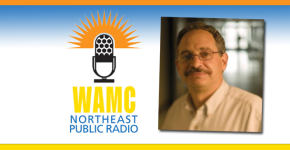Month: August 2014
-

Mark Hunter, University of Michigan – Flourishing Despite Climate Change
Naturally, species react differently to climate change. Dr. Mark Hunter, a professor in the Department of Ecology and Evolutionary Biology at The University of Michigan, observed forest moths over a landmark 30 year study. Dr. Mark Hunter is the Henry A. Gleason Collegiate Professor of Ecology and Evolutionary Biology at the University of Michigan. He…
-

Alyssa Crittenden, UNLV – Microbiota of the Hadza Tribe
The old saying goes: you are what you eat. This appears to carry through into the microbial content of one’s gastrointestinal tract as well. Dr. Alyssa Crittenden, an anthropologist at The University of Nevada Las Vegas, compared the bacteria living inside an indigenous African tribe with that of an urban dwelling control group to study…
-
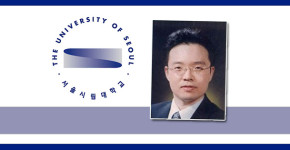
Se Hyun Ahn – University of Seoul – North Korea’s Energy Crisis
Energy consumption, creation, transport and usage are all serious topics that countries invariably deal with at one time or another. Se Hyun Ahn, professor of International Relations at The University of Seoul, profiles the energy issues North Korea is currently facing. Se Hyun Ahn is Director of Center for Energy Security Strategic Studies (CESSS) at…
-
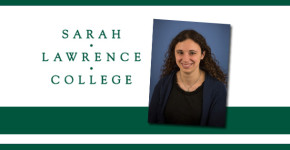
Michelle Hersh, Sarah Lawrence College – Lyme Disease and an Unlikely Relationship
“We couldn’t detect an effect, which is really surprising,” said Michelle Hersh in a recent article that appeared in the Poughkeepsie Journal. Dr. Hersh is speaking about the unlikely relationship between ticks and white-footed mice. Though these ticks carry Lyme disease, the population of white-footed mice appears to be unharmed. Dr. Michelle Hersh is an…
-
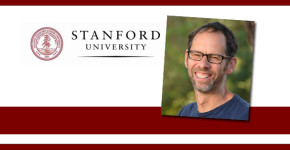
Dan Jurafsky, Stanford University – The Language of Reviews
Reading online reviews of a restaurant before heading out for a meal is commonplace in today’s digital world. In a recent study, Dan Jurafsky, a linguist at Stanford University, has found some common tropes present in many online reviews. Dan Jurafsky is Professor of Linguistics at Stanford University. In addition to his work on the…
-
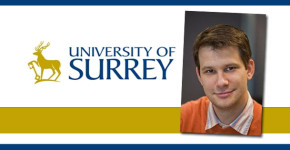
Radu Sporea – University of Surrey – Solar Efficiency
Harnessing the full potential of solar power might indeed solve the world’s ongoing energy crisis. Of course, this is much easier said than done. Radu Sporea, an engineer at The University of Surrey, discusses the potential obstacles. Dr. Radu Sporea is Royal Academy of Engineering Academic Research Fellow in the Advanced Technology Institute at the University of Surrey. His…
-

Sean Morrison, UT Southwestern – Cellular Protein Production
Our understanding of how cells function is growing every day. Dr. Sean Morrison, Director of the Children’s Research Institute at The University of Texas Southwestern, explains how a new technique for understanding the way stem cells function reveals new clues about aging and opens an undiscovered world of biology. Sean J. Morrison, Ph.D., is Director…
-
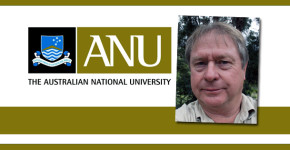
Robert Burne, Australian National University – Martian Minerals and Microbes
“But our finding, that stevensite can form around biological organisms, will encourage re-interpretation of these Martian deposits and their possible links to life on that planet” said Dr. Robert Burne in a recent article on ABC Science. Dr. Robert Burne, an adjunct senior research fellow at the Research School of Earth Sciences at The Australian…
-

David Pincus, Chapman University – Fractal Psychological Processes
Fractals are naturally occurring patterns that replicate in a self-similar manner. But, as Chapman University psychologist David Pincus explains, understanding fractal patterns can tell us about our psychology. Dr. David Pincus obtained his Ph.D. in Clinical Psychology at Marquette University in Milwaukee Wisconsin. His internship and post-doctoral clinical training was completed in community mental health…

